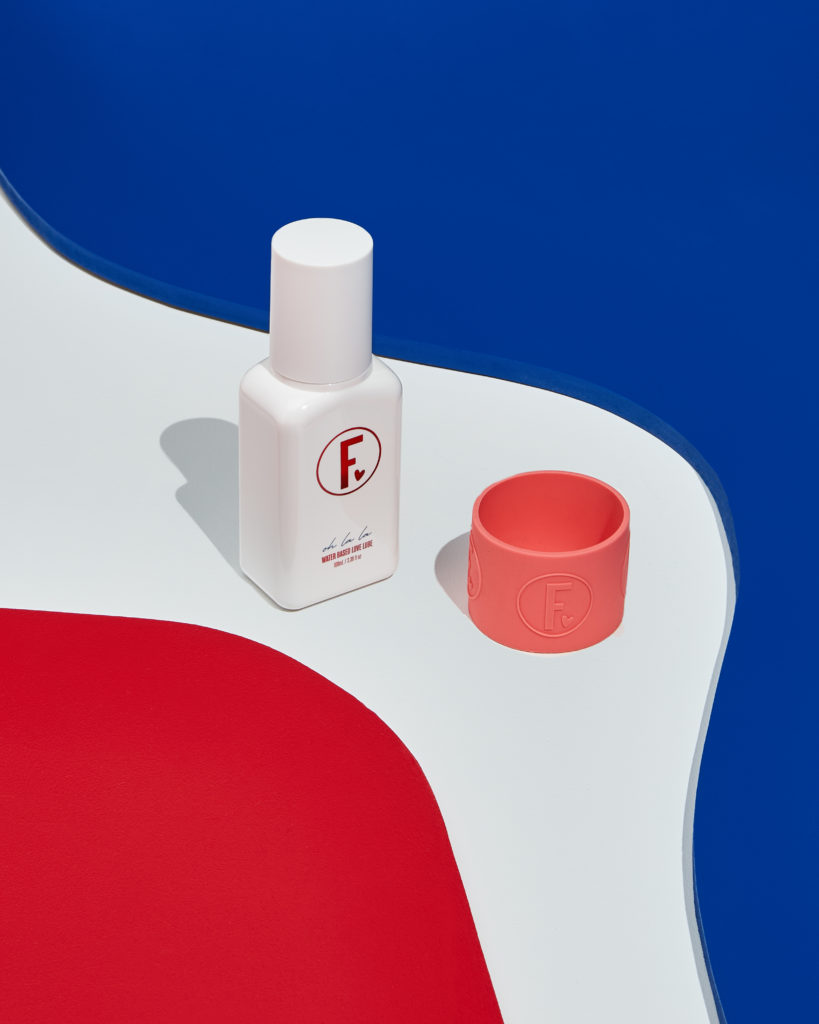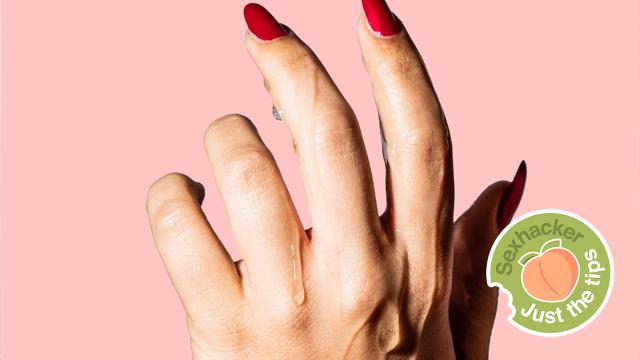Hello, friends. It’s your friendly neighbourhood Sexhacker. For this latest update to the series, I want to talk about lubricant. You see, despite lube’s ubiquitous nature, there seems to be a whole lot of misconception about the product.
For that reason, I’d like to drill down into some sex ed basics and hopefully mop up any confusing untruths. To do this, I chatted with Frenchie’s Professeur Of Pleasure and Sex Coach, Georgia Grace who dropped some insightful knowledge on the topic.
Here’s what you need to know.
Myths about sex have impacted the perception of lubricant
When I asked Grace over email why she thinks people are reluctant to make lube a key part of their sexual activity, she shared that “most people haven’t received accurate, useful information about the importance of lube”.
“I often hear people saying that they think it’s only for times when there’s something wrong or you ‘can’t get wet enough’,” she explained.
Which is absolutely not the case. In the case of vaginal, penetrative sex, lube is there to maintain lubrication throughout sexual activities, and using it has nothing to do with performance, ability or physical function.
“All people should use lube – and it certainly doesn’t mean that there’s something wrong with you or your partner. Lube is there to make sex even better,” she stressed.
Stop putting pressure on your bodies
It’s broadly believed that there are key physical indicators that a person turned on. And while in some cases, these may be consistent with what you or your sexual partner experiences, it is not a universal truth.
“People certainly look for ‘physical’ arousal responses as a sign of interest or satisfaction, but bodies respond in unexpected ways,” Grace explained.
“Just like a penis may not be erect (even though the person really wants to have sex) the same goes for someone with a vagina when they feel are not getting ‘wet enough’ even if they really want to have sex.”
This is not wrong or unusual. Lube, in this case, is simply a facilitator to a more pleasurable experience. Not a sign of a problem.
Signals of interest and desire can not be reduced only to the physical response you’re seeing. Grace importantly pointed out that the only way to know if someone wants to have sex is by communicating with them.
“We need to stop relying on body responses as signs of interest and consent,” she said.
Additionally, it’s important to recognise that viewing lube as a way of addressing people “not getting wet enough” is a limiting “heteronormative and penetration focused idea”.
Grace stressed that all people can and should use lube for all kinds of sex acts.
In most cases, lube is like eating a bowl of ice cream with chocolate sauce on top. The ice cream damn delicious on its own, but why on earth would you turn down the added flavour?
What’s so good about it?
In short, “lube’s purpose is increased pleasure,” Grace shared.
But in addition to that, “it takes the pressure off your body needing to be ‘really wet [or] aroused’ in order to enjoy sex, it can help be useful for those who’ve experienced changes in arousal response due to age, time in their cycle, menopause or hormonal contraception”.
Which lube should I be using?
This is where you need to pay attention because different kinds of lubricant have very different purposes.
As an example, a silicone-based lubricant can work well during sex but will damage sex toys. Some lubricants are also not compatible with latex condoms – worth keeping in mind.
Then there’s the case of what’s good for your body. Grace shared that many mainstream products contain “nasty chemicals, they feel tacky, smell weird and taste gross” – which naturally turns people off using them.
“In general, avoid any lubricant that contains any artificial flavours, colours, sugars, additional additives, or glycerine – these aren’t body-safe and shouldn’t be used internally,” she explained.
“These ingredients actually ‘dry out’ the vagina and genitals over time so it’s pretty counterintuitive.”
Grace shared a checklist of what she recommends avoiding in your lube. That included: Parabens, Animal products (Casein), Synthetic Colourants, Petrochemicals, Synthetic Flavouring, Glycerin, Gluten, and Fragrance.
She recommends giving Frenchie’s Oh La La Love Lube (water-based aloe lube) a shot. It’s pH-balanced, 100% natural, vegan and cruelty-free and is made with Aussie botanicals.

And going forward, no more negative talk about our friend the lubricant bottle – ya hear?

Leave a Reply
You must be logged in to post a comment.